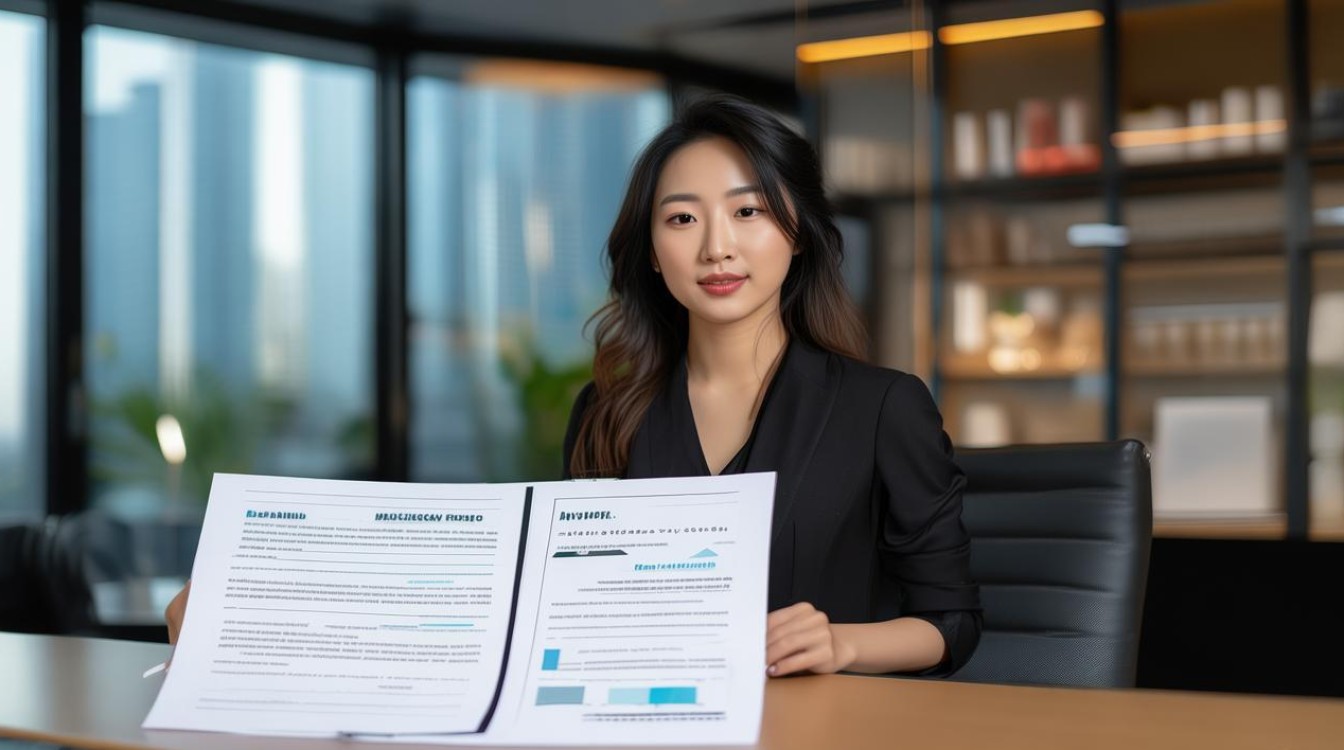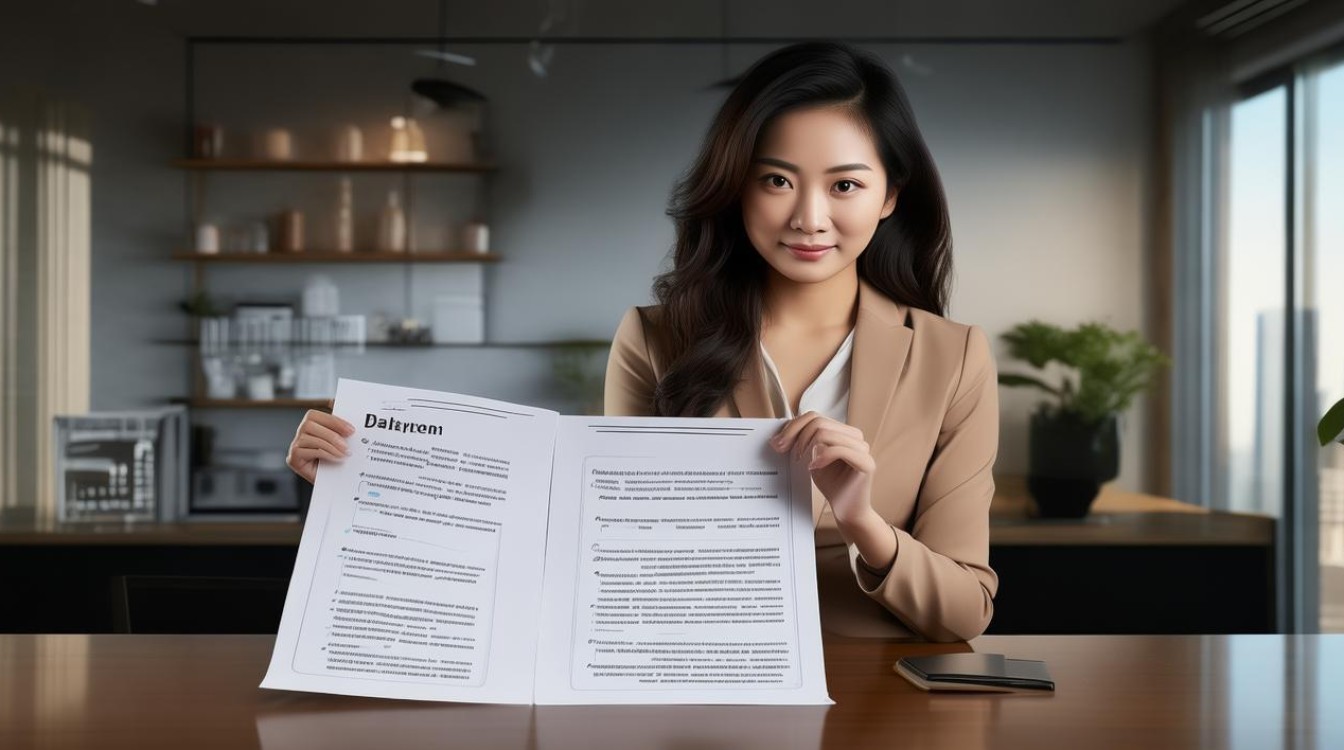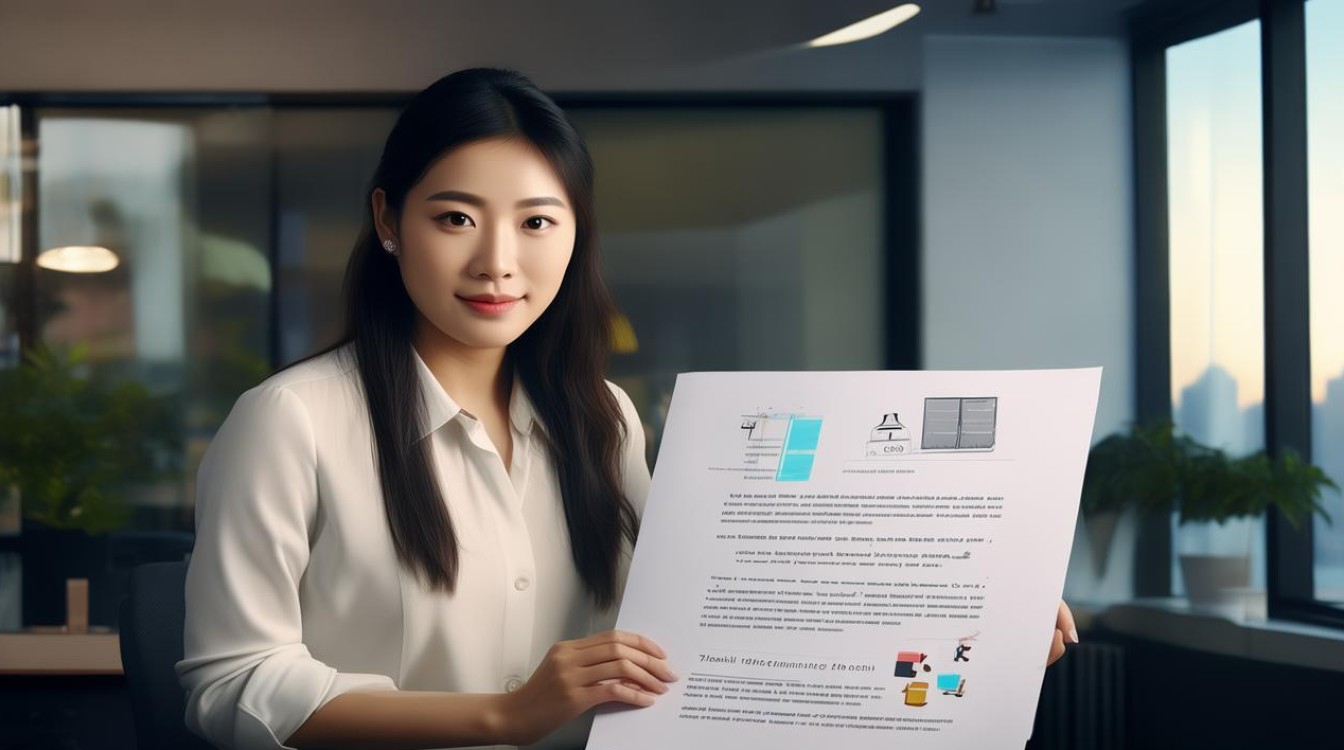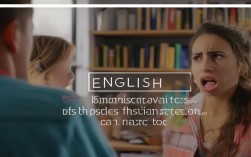Effective communication in the packaging industry requires fluency in both terminology and real-world applications. Whether negotiating with suppliers, discussing sustainability, or presenting innovations, clear English dialogue is essential. Below are key strategies, real-world examples, and the latest data to enhance professional exchanges.

Essential Vocabulary for Packaging Discussions
Before diving into conversations, familiarize yourself with core terms:
- Primary packaging: Direct contact with the product (e.g., bottles, cans).
- Secondary packaging: Outer layer (e.g., cardboard boxes, shrink wrap).
- Sustainable materials: Bioplastics, recycled paper, compostable films.
- Supply chain logistics: Warehousing, freight, lead times.
Example dialogue:
A: "What’s the MOQ for custom-printed corrugated boxes?"
B: "Our minimum order is 500 units, with a 15-day lead time for biodegradable ink options."
Current Trends in Packaging (2024 Data)
To sound authoritative, reference recent industry insights. Below is a table summarizing key trends, sourced from Smithers and Statista:
| Trend | 2024 Market Data | Projected Growth |
|---|---|---|
| Sustainable Packaging | $413 billion global market (Statista) | 4% CAGR by 2027 |
| Smart Packaging | $39 billion adoption in pharma (Smithers) | 1% CAGR by 2030 |
| E-commerce Packaging | 28% of retailers use AI for design (McKinsey) | 3% CAGR by 2025 |
Source: Statista (2024), Smithers Q2 Report, McKinsey Retail Analysis

Dialogue application:
A: "Are clients prioritizing eco-friendly options?"
B: "Yes, 62% of brands now demand compostable materials, per Smithers’ latest survey."
Negotiation Phrases for Suppliers/Buyers
Use these phrases to streamline procurement talks:
- Clarifying specs: "Can you confirm the burst strength for this kraft paper?"
- Cost negotiation: "Is there a discount for bulk orders of 10,000+ units?"
- Timeline updates: "Our deadline is firm—can you guarantee delivery by the 20th?"
Discussing Sustainability Credibly
Back claims with data. For example:
"The EU’s 2025 Plastic Tax impacts costs—recycled PET now saves 23% versus virgin plastic (European Packaging Institute)."
Sample exchange:
A: "How does your recycled film compare to traditional options?"
B: "It reduces carbon footprint by 34%, certified by the Sustainable Packaging Coalition."
Handling Misunderstandings Professionally
Miscommunications happen. Resolve them with:
- "Let me rephrase: Are the dimensions inclusive of pallet spacing?"
- "Per our contract, Section 3 outlines the defect liability period."
Real-World Case: Amazon’s Packaging Innovation
Amazon’s Frustration-Free Packaging program cut waste by 36% since 2022 (Amazon Sustainability Report). Reference such examples to showcase industry benchmarks.
Dialogue:

A: "How can we mimic Amazon’s success?"
B: "Start with right-sized boxes—their AI tool reduced material use by 26%."
Staying updated and articulate in packaging conversations builds trust and efficiency. For deeper insights, consult the World Packaging Organisation’s 2024 Global Trends Report or Packaging Digest’s quarterly analyses.
Clear communication isn’t just about language—it’s about linking words to actionable, data-driven decisions.












